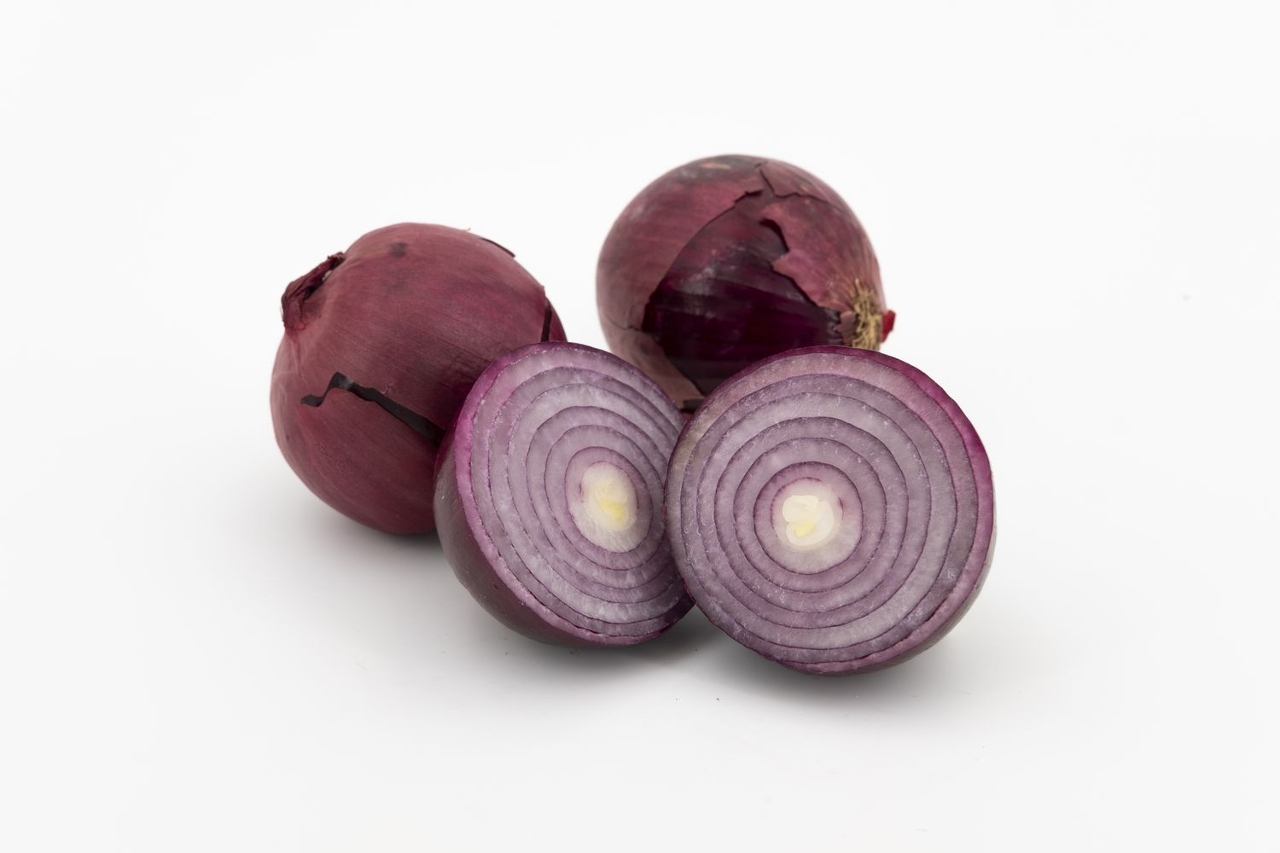Cookies
Van Hall Larenstein treats its customers' information with the utmost care and will never make this information available to third parties. Read more about us Privacy and Cookie Policy

Pulp vision is a research project of the professorship Biobased proteins.
The Dutch onion sector produces 1.5 million tonnes of onions annually. The cultivation and processing of onions generate a waste stream of more than 0.5 million tonnes a year. Onion growers and the processing industry have joined forces with knowledge institutions to establish a process that will add value to this stream. The focus is on maximising the separation of aroma and flavour compounds, proteins and fibres. While the first two streams are already being used in a range of applications, the fibre-rich pulp fraction is still being sent to biofermentation plants, which places it in the category of very low value creation.
The Pulp Vision project is looking at the valorisation of the pulp fraction into a high-quality end product. The fibres from the pulp fraction are an excellent source of soluble and nonsoluble dietary fibres that can be used to promote gut health. The technical challenge for the project is to remove the onion’s aroma compounds so that the onion taste cannot be detected in foods that are enriched with these fibres.
The successful implementation of this project will provide a new source of dietary fibre along with knowledge about the biorefining of onion waste. The high-quality dietary fibre can be used as a raw material to enrich existing foods or to develop new products. The project will also investigate the impact of these products on gut health. This will provide information on the optimal application of the fibres from a health perspective.
Professor: Eric de Bruin, Biobased Proteins
Project duration: 2020 - 2022
Project partners: NMK Esbaco, Fresh Monkeys BV, VAMO, Biorefinery Solutions, Gourmet, Wiskerke Onions, VHL University of Applied Sciences (VHL), Inholland
This research is co-financed by the Taskforce for Applied Research SIA of the Dutch Research Council (NWO